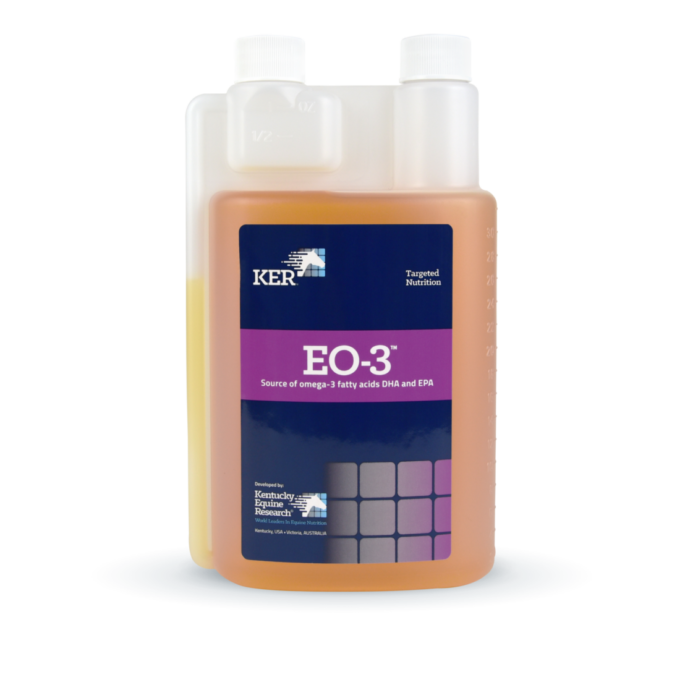Broodmares And Omega 3 Fatty Acids

With nutrition playing a vital role in the success of breeding stock, supporting the broodmare from conception through to lactation through correct feeding is essential. Further to ensuring an optimum body condition and plenty of access to high quality forage, supplementing the broodmare’s diet with omega 3 fatty acids could prove to be beneficial.
One of the advantages of feeding Omega 3 fatty acids has been found to be improved colostrum quality. Good colostrum quality is defined as having a high concentration of immunoglobulins. Immunoglobulins will help to protect a new-born foal against disease until their own immune systems are developed and functional. Research has found that mares supplemented with Omega 3 fatty acids produced richer colostrum, which in turn could assist with providing young foals with a more established immune system.
Omega 3 fatty acids have also been found to increase the likelihood of a successful pregnancy by increasing the production of hormone-like substances which support both fertility and conception rates. In the immediate days following covering or insemination, inflammatory responses will begin within the mare’s uterus to expel fluids containing bacteria, debris and semen in order to prevent infection. This can lead to a condition called PPBEM, or persistent post-breeding endometritis. This inflammatory response persists beyond what is considered normal, and can inhibit embryo development and reduce the motility of sperm within the uterus. These further reduce the likelihood of a successful pregnancy. The anti-inflammatory properties of omega 3 fatty acids have therefore been proven to reduce this inflammatory response and so may be particularly helpful when supporting mares who have a history of fertility issues.

The best source of Omega 3 fatty acids are those from fish sources, such as KER’s EO.3. EO.3 is a more readily available source of omega-3’s to the horse than linseed or vegetable oil is and is therefore more effective. The form of omega 3 oil that is in vegetable oil has to be converted in the horse's body into the form that can be used. The omega 3 oil that is in fish oil is already in the form the horse can use so does not need to be converted, making it more bio-available.
NEED GUIDANCE?
If you would like any further information, please feel free to contact our nutritional team on 01622 718487 or email info@saracenhorsefeeds.co.uk
Feed Advice Form
Complete our online form to receive a detailed nutritional plan for your horse or pony from one of our registered nutritionists.
Quick Feed Finder
Use our quick and easy feed finder as a guide to select the right feed for your horse or pony.











